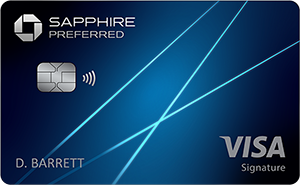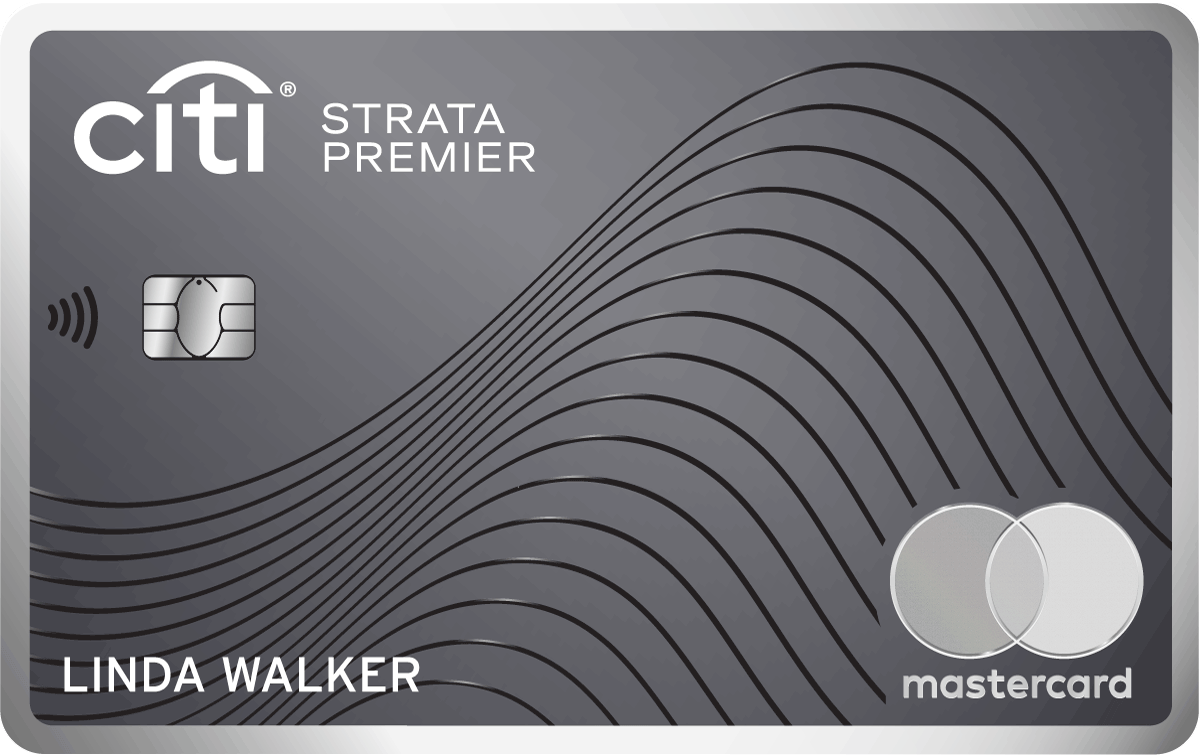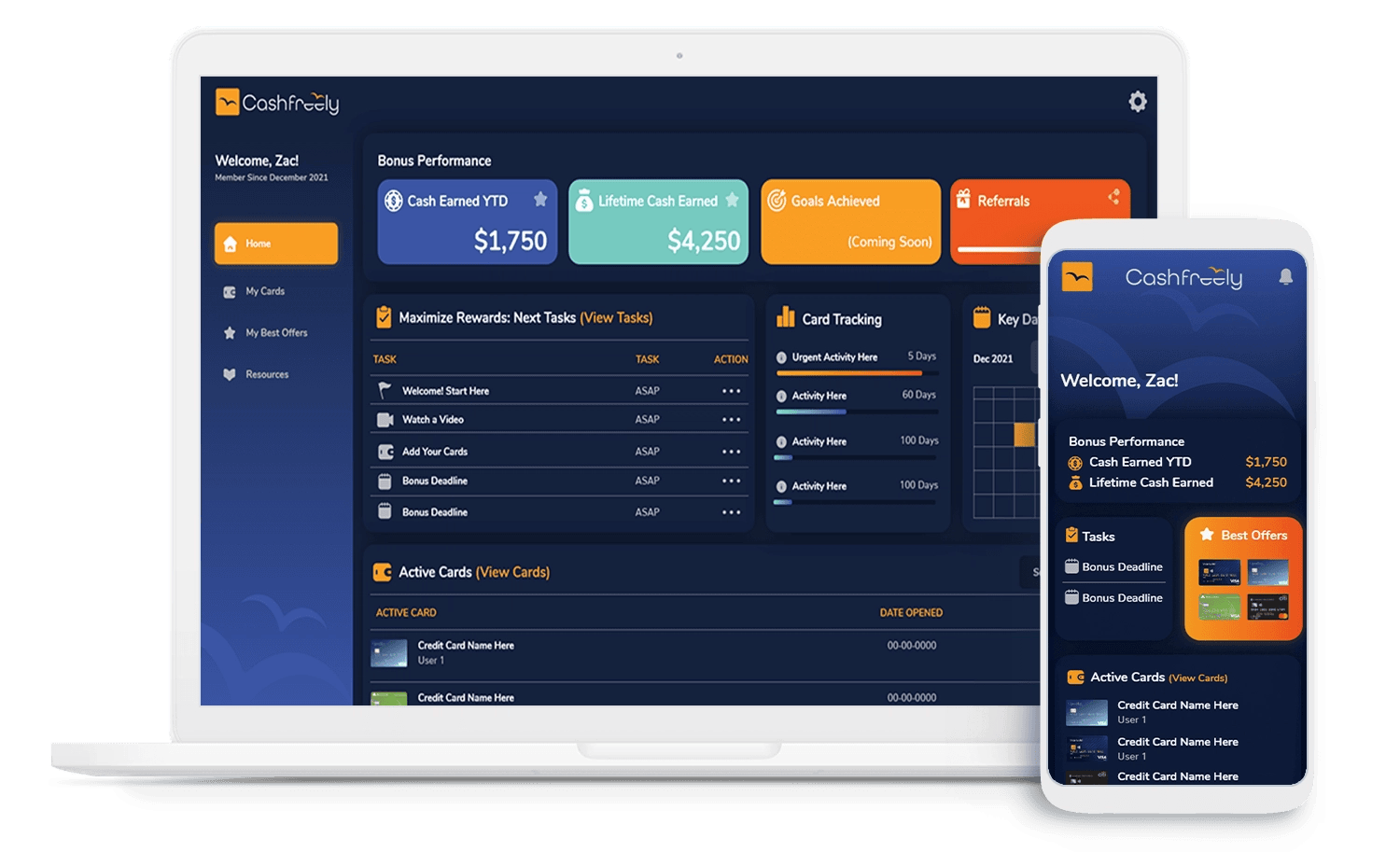If you’re here, you may already know how valuable it can be to sign up for new credit cards. But before you sign up for a new credit card, there are a few things you’ll want to do. The most important is that you have the financial ability and discipline to pay your bills in full each and every month. If you don’t, the interest and/or late fees will quickly eat any cash back that you get from the card.
You’ll also want to have good to excellent credit in order to take advantage of some of the best offers. If that sounds like you, then it absolutely makes sense to sign up for a new credit card to take advantage of some of these incredible bonus offers. It may be the easiest money you make this year.
How to Choose the Best Card for You
When you’re ready to sign up for a new card, how do you choose the best card for you? Here are a few factors that can help you decide, in relative order of importance:
- How big of a signup bonus do you stand to get for getting the card?
- How much spending is required to hit the bonus, and how does that compare to your overall monthly spending?
- How much cash back can you earn for ongoing spending on the card?
- Does the card have an annual fee, and if so, how much is it?
- What other credit cards do you have?
While the answers will be different for everyone, these questions can serve as a rough framework for helping you compare different cards and decide which one might be the best one for you.
When Are Annual Fees Worth It?
Speaking of annual fees, it is important to know when a credit card comes with an annual fee, but it’s also important to not place too much of an emphasis on it.
You might think that paying an annual fee is a terrible idea, but that’s not always the case. Especially for the first year of having the card, you might be missing out on hundreds of $$$$ if you avoid a credit card that has an annual fee.
The main reason is that many premium credit cards that come with the biggest signup bonuses have annual fees. Rather than blindly rejecting cards with annual fees, do the math for yourself and see if it makes sense.
Quick example, would you rather have Chase Freedom Unlimited® card with no annual fee and a $200 welcome bonus? Or the Chase Sapphire Preferred® Card with a $95 annual fee and a signup bonus with a cash value of $750? Remember that you don’t have to keep a card forever — if you decide the annual fee is no longer worth it for you, you can always downgrade or cancel the card.

How to Take Advantage of “Secret” Cash Back Cards
As you probably know, there are several different kinds of credit card rewards — airline miles, hotel points, bank points and cash back.
Even if you are focused on earning cash back, you do not want to ignore other types of credit cards. Here’s the main reason for this: most credit cards that earn bank points can easily convert into cash.
One example is the Chase Sapphire Preferred card. This card is marketed as a travel rewards card, but you can redeem points for cash at 1 cent per point. That means 75,000 points is $750.
This $750 bonus would be higher than any other bonus offer for a “cash back” credit card.
The Citi Strata Premier® Card with its big signup bonus is another example. You can redeem those ThankYou® points at 1 cent per point, too. So every 1,000 points is worth $10, every 10,000 points is for $100, etc..
These “secret” cash back cards can be great ways to boost your cash back earnings with additional signup bonuses.
Our #1 recommended personal card. Hands down the single best "starter card" for beginners and MVP card for overall value and flexibility.
Formerly the Citi Premier® Card, this is a new excellent rewards credit card with a solid signup bonus and 3x spending categories. Read the application rule carefully regarding "48 months."
The Only Mistake You Can Make
It can seem a bit overwhelming to figure out what the best card is for you. With so many different options available, many people worry about picking the “wrong” card. The good news is that there really aren’t any “bad” options. The only mistake you can make is NOT signing up for a card and taking advantage of these incredible signup bonuses.





